

How to Organize Your Writing
If you’re a beginning writer, you may be wondering how to organize your writing. Working on a novel means you’ll have lots of bits and pieces to keep track of: character and setting notes, plot outlines, reference photos, versions of your manuscript, notes to yourself, quotes and inspiration to keep you going when the going gets tough...yikes!
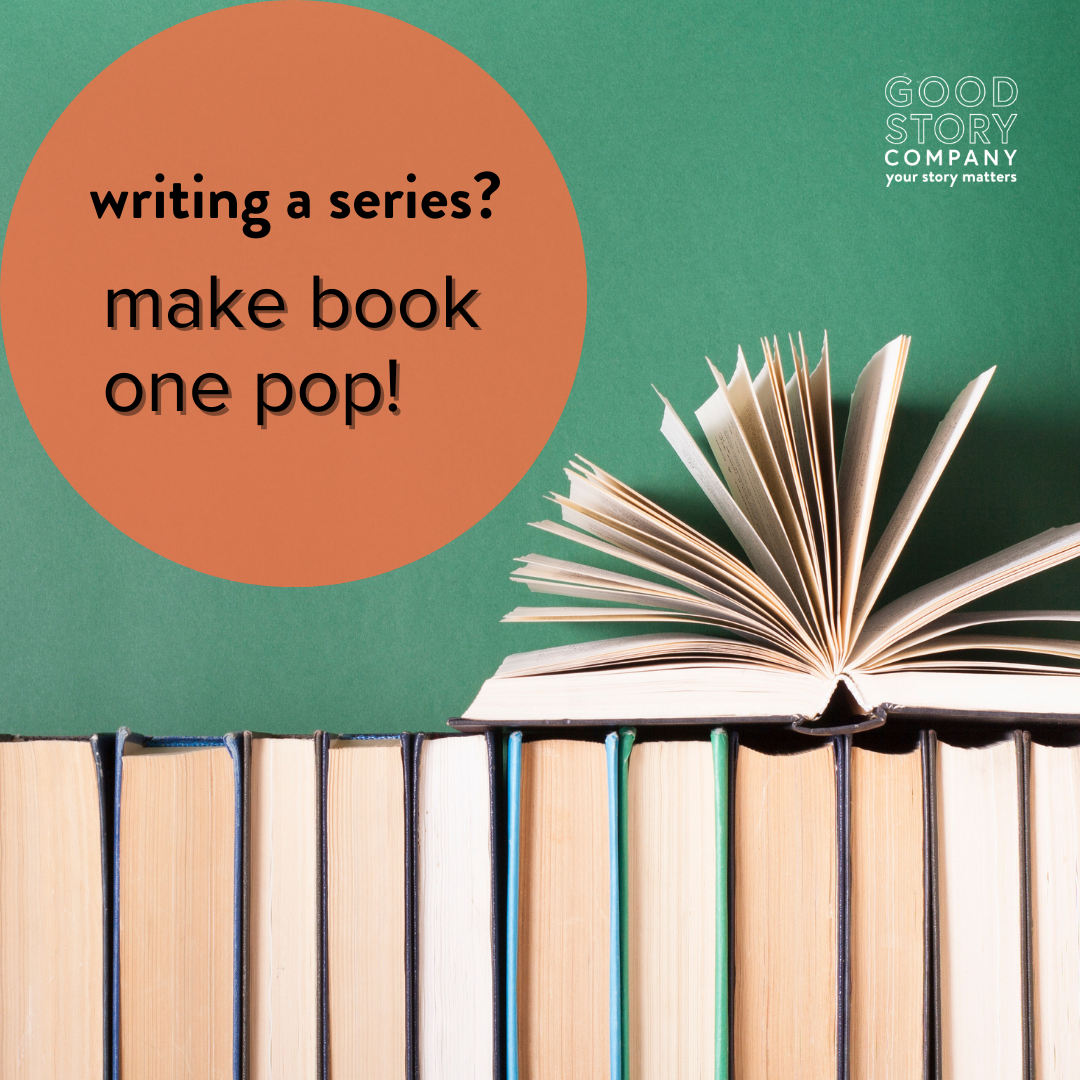
Writing a Series? Make Book One Pop!
Writing a series? You’ll want to pay special attention to making Book One pop. Getting that first book right, though, can be a tall order. Make sure to include the following elements for a captivating Book One.

How to Be a Good Critique Partner
Tips for how to be a good critique partner and how to contribute to your writing community. Learn how to give writing critique here.

Write What You Know
“Write what you know” is common advice, but it can feel like an attempt to limit creativity. You write to discover new places and understand different points of view. If you only write what you know, how can you write about what you don’t know?

A Million Bad Words
In order to write, you have to WRITE! Spending time learning theory, taking classes, and reading books are beneficial, but ultimately it is practice that will make you a better writer. Learn how a million bad words can turn into a good story.
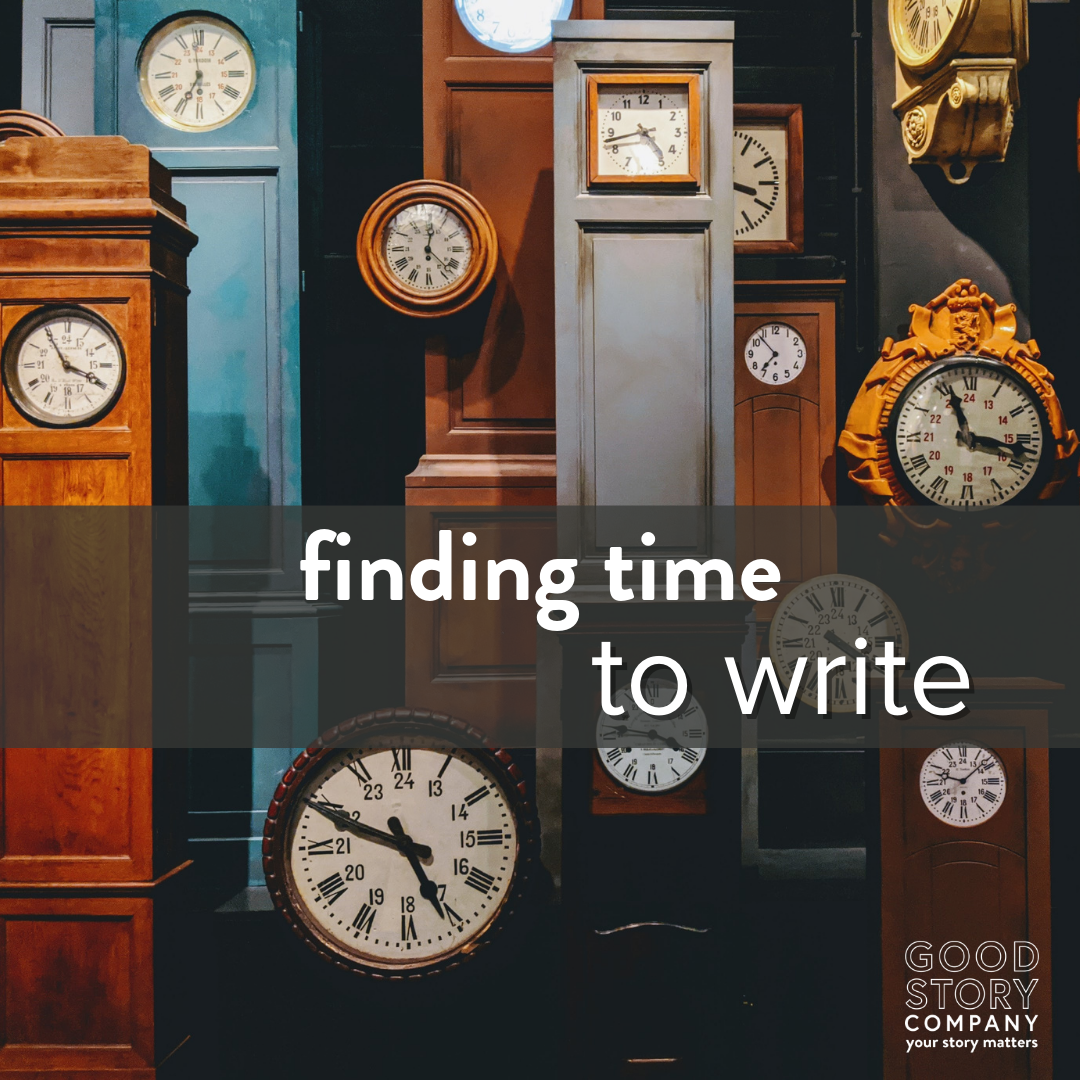
Finding Time to Write
Finding time to write can sometimes seem impossible. If you have a packed schedule due to school, your day job, or multiple day jobs, you may think it’s impossible to start your novel, let alone finish it. Here are some ways to carve out time in your day to write.

Make Writing Resolutions That Stick
Winter is the perfect season to establish your writing resolutions and form the habits that will lead to better productivity. There is so much you could accomplish in the year ahead! Read on for tips on how to develop—and crush!—your writing resolutions.
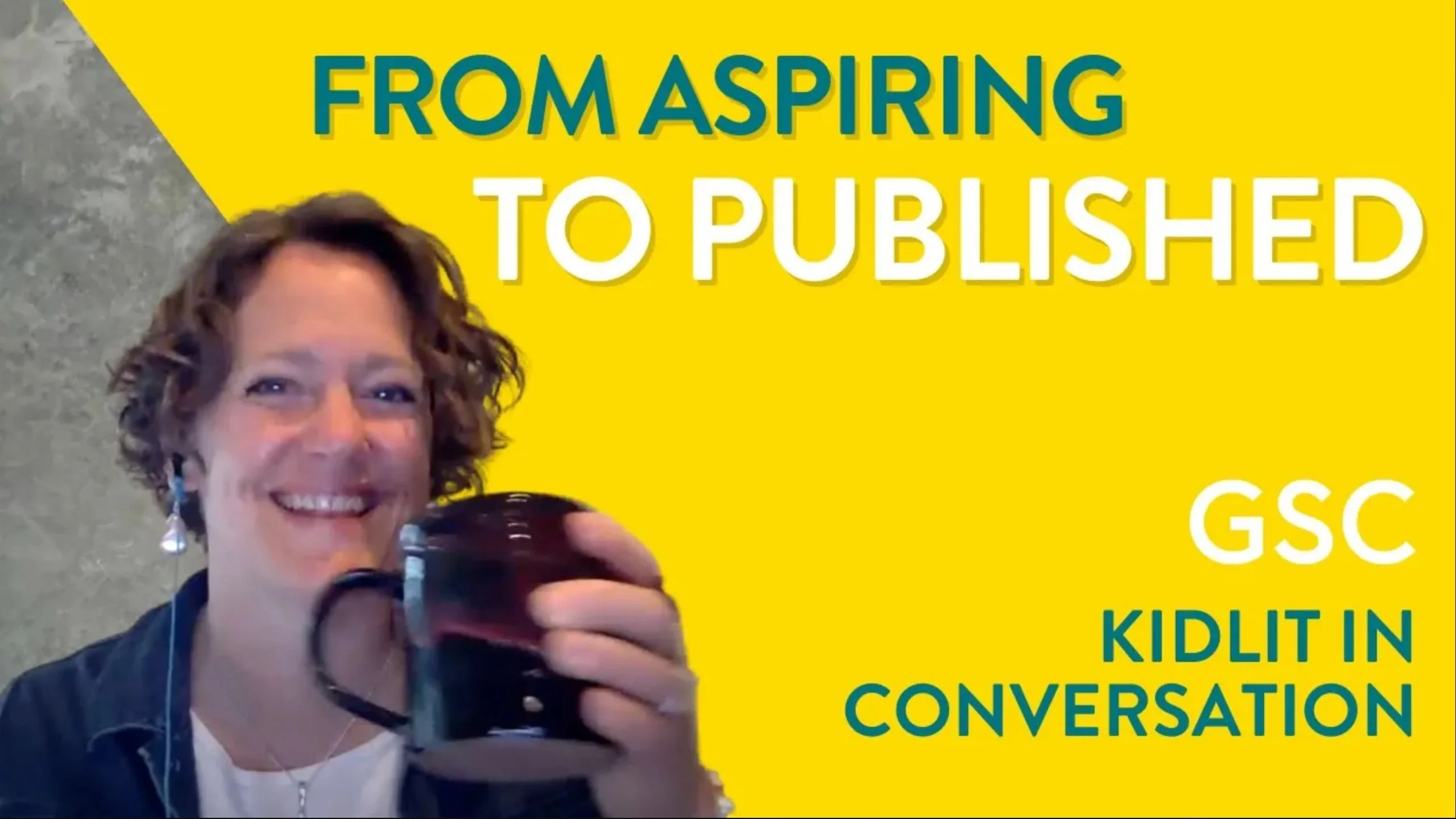
Growing From Aspiring Writer to Published Author with Rebecca Ansari
Debut middle grade author Rebecca Ansari chats with Mary about the journey from aspiring writer to published author, MG craft insights, and what new things she has in the works!

Show Don’t Tell
Show don’t tell is one of the first pieces of advice given to new writers. My first writing professor preached that we all STAY AWAY from exposition. Still, even with SDT etched into our minds, writers slip into exposition and description, missing opportunities to immerse their readers.

Episode 7: Jessica Brody, Author and Writing Teacher
An interview with author and writing teacher Jessica Brody, where we discuss what makes a compelling story, how to apply story structure whether you're a plotter or pantser, and tackling large-scale revisions without ripping your hair out.
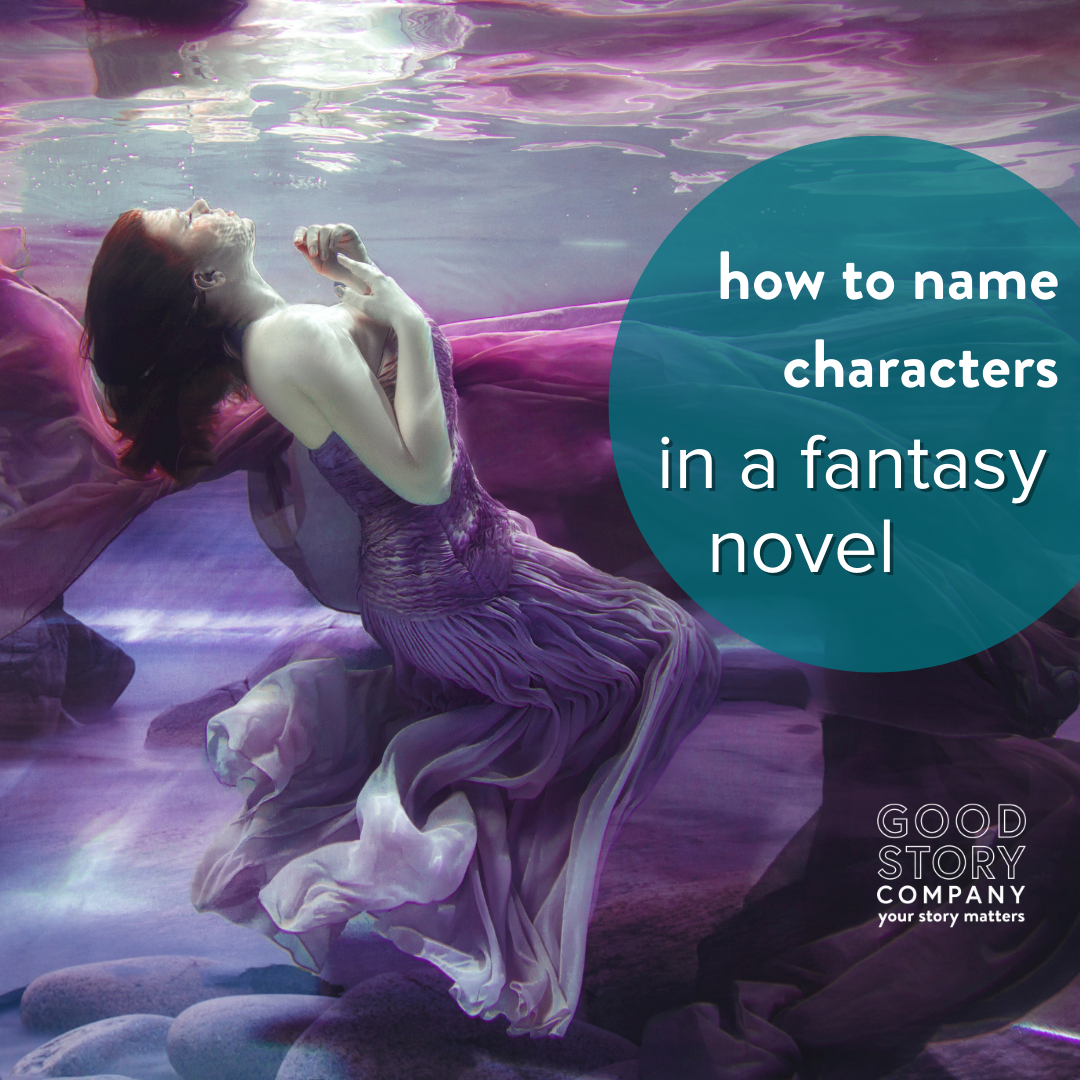
How to Name Characters in a Fantasy Novel
Of all your fictional characters’ features, names are crucial. Wondering how to name characters in a fantasy novel? For tips on giving your fantasy novel’s character the perfect names, read on.

Self Care for Writers During the Holidays
The importance of self care is gaining momentum in the world, but this time of year especially, when there are so many demands on our time, it can feel more like selfish care, like everything else is worthier of our attention. But the truth is, if there’s a story inside you, you should tell it. And the only way that will happen is if you make the time.

Writing Your Debut Novel with Benjamin Roesch
Benjamin Roesch joins us to talk about his debut novel—but not his first novel—published with LGBTQ+ young adult indie publisher Deep Hearts. We talk about turning short stories into a novel, coming of age fiction, and being an older debut writer.
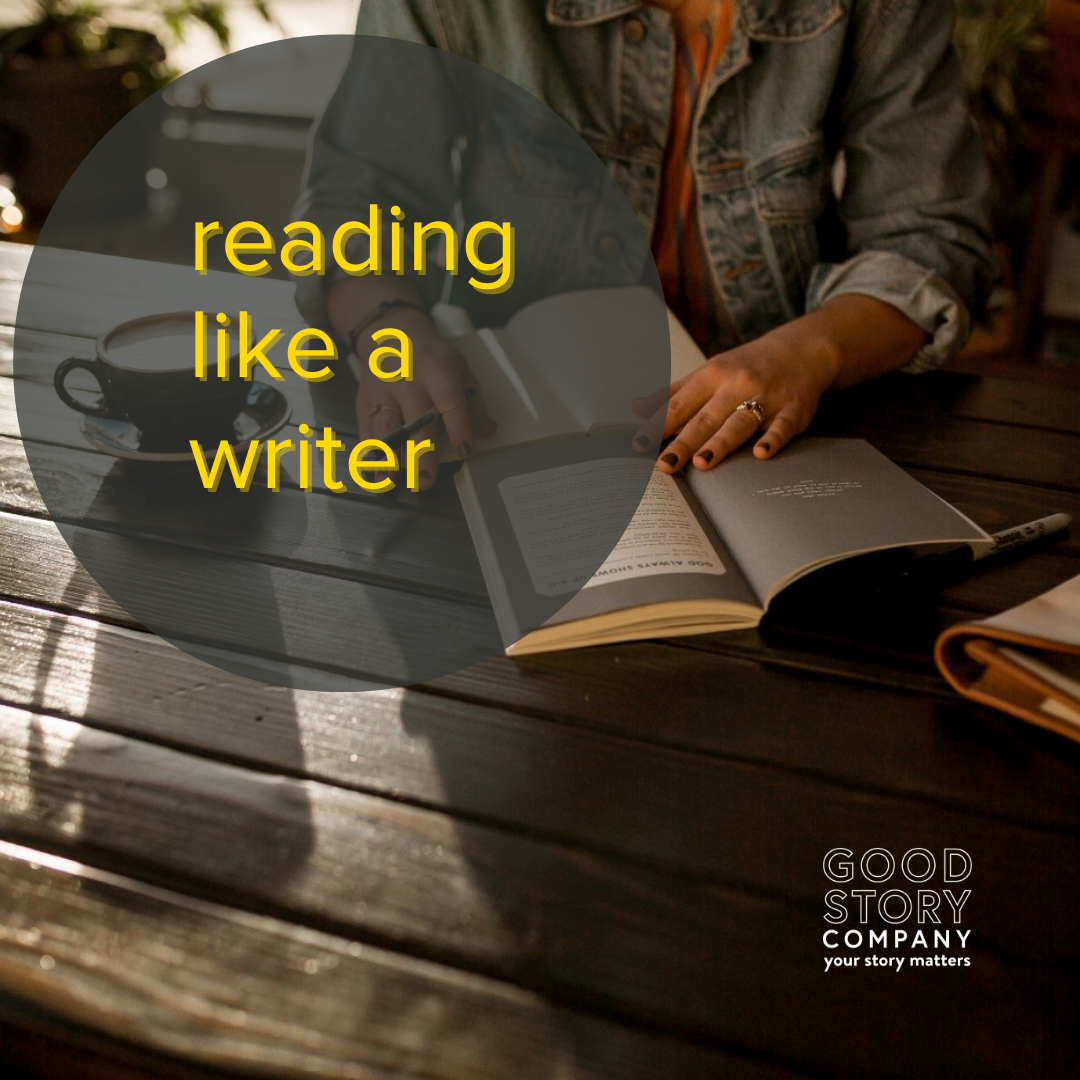
Reading Like a Writer
If you’re struggling to figure out how to write a good story, you might want to consider coming at it from a fresh angle: reading like a writer. What does reading like a writer mean?

When is a Manuscript Finished?
Tips on looking at your work with clarity so you can determine your personal "done," as well as what to do when you reach that finish line.

Writing Descriptions
Dust motes swirling in the gloom are enchanting, but do you really need to describe them in detail? Let’s look at some guidelines for writing descriptions so you can quench your thirst for gorgeous imagery without sacrificing the pacing of your story.

Episode 32: J.C. Geiger, YA Author & Mixtape Creator
Tune in for a chat with Mary Kole's long-time friend in the children's publishing space, YA Author J.C. Geiger. He tells all about how he made an epic mixtape with music no one's heard before (and met his heroes in the process), and talks about writing young adult characters, the future of post-pandemic fiction, and—of course—the power of music.
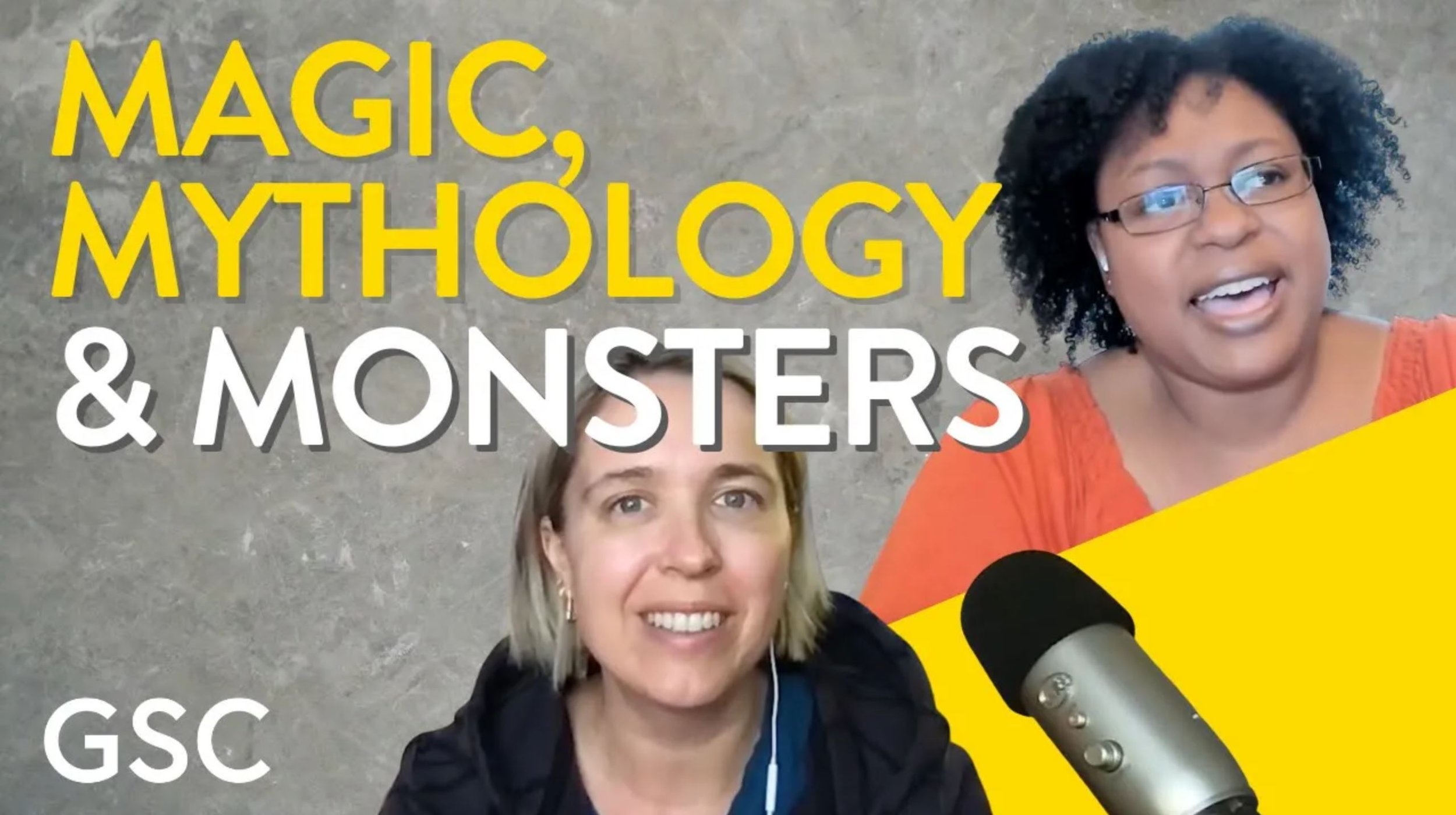
Magic, Mythology & Monsters with Lisa Stringfellow
Lisa Stringfellow, award-winning author and middle school teacher, discusses her debut novel about mermaids and mythology set in the Caribbean, “A Comb of Wishes.” She talks through her long journey from draft to finished book—plus plans for Book 2—and shares craft and industry tips she’s learned along the way.

Help! I’m Stuck in the Muddy Middle!
Most times we can see where our story begins and where it ends, but it’s the muddy middle where we get stuck and face writer’s block. Here are some tips to get you out of the sludge and moving again.

The Writing Journey with Leslie C. Youngblood
Author and former assistant professor of creative writing Leslie C. Youngblood joins Mary Kole on the Good Story Podcast. She shares her journey through her MFA program, gives tips on crafting interesting character relationships, and weighs in on one of the hottest questions for authors today: traditional or self-publishing?
